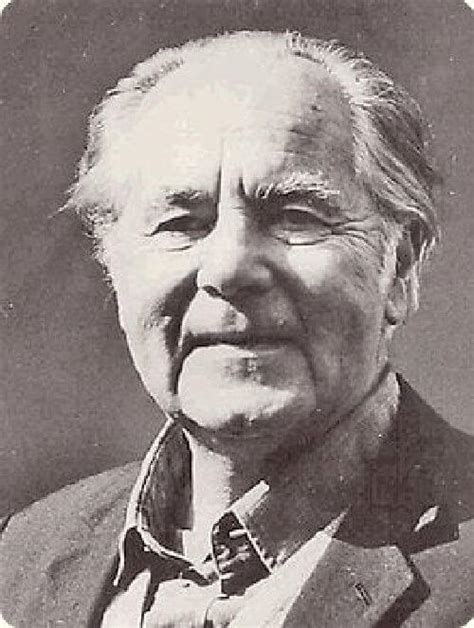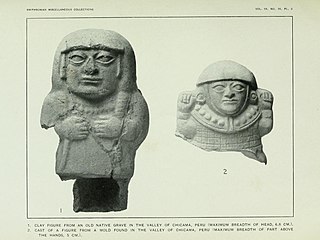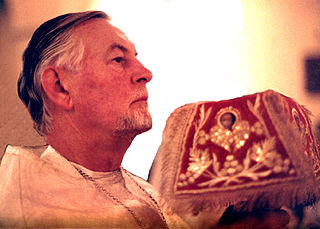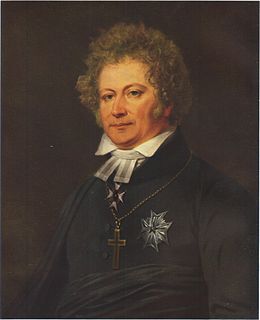A Quote by Johann Gottlieb Fichte
All death in nature is birth, and at the moment of death appears visibly the rising of life. There is no dying principle in nature, for nature throughout is unmixed life, which, concealed behind the old, begins again and develops itself. Death as well as birth is simply in itself, in order to present itself ever more brightly and more like to itself.
Related Quotes
When one existentially awakens from within, the relation of birth-and-death is not seen as a sequential change from the former to the latter. Rather, living as it is, is no more than dying, and at the same time there is no living separate from dying. This means that life itself is death and death itself is life. That is, we do not shift sequentially from birth to death, but undergo living-dying in each and every moment.
The greatest mystery in life is not life itself, but death. Death is the culmination of life, the ultimate blossoming of life. In death the whole life is summed up, in death you arrive. Life is a pilgrimage towards death. From the very beginning, death is coming. From the moment of birth, death has started coming towards you, you have started moving towards death.
Birth leads to death, death precedes birth. So if you want to see life as it really is, it is rounded on both the sides by death. Death is the beginning and death is again the end, and life is just the illusion in between. You feel alive between two deaths; the passage joining one death to another you call life. Buddha says this is not life. This life is dukkha - misery. This life is death.
Death is an unsurpassable limit of human existence... We discover the relationship which is the basis for all feelings of reverence, fear, awe, wonder, sorrow, and deference in the face of something greater and more powerful... Only such a being-unto-death can guarantee the precondition that the Da-sein be able to free itself from its absorption in, its submission and surrender of itself to the things and relationships of everyday living and to return to itself.
There is no single best kind of death. A good death is one that is "appropriate" for that person. It is a death in which the hand of the way of dying slips easily into the glove of the act itself. It is in character, ego-syntonic. It, the death, fits the person. It is a death that one might choose if it were realistically possible for one to choose one's own death.
Nature is seen by humans through a screen of beliefs, knowledge, and purposes, and it is in terms of their images of nature, rather than of the actual structure of nature, that they act. Yet, it is upon nature itself that they do act, and it is nature itself that acts upon them, nurturing or destroying them.
Death is the inseparable antecedent of life; the seed dies in order to produce the plant, and earth itself is rent asunder and dies at the birth of Dionusos. Hence the significancy of the phallus, or of its inoffensive substitute, the obelisk, rising as an emblem of resurrection by the tomb of buried Deity at Lerna or at Sais.
LIFE IS A DIVINE GIFT. The divine is not something outside of us; it is right in our very center; it is our freedom. In our training, we learn the real nature of life and death. When life is victorious, there is birth; when it is thwarted, there is death. A warrior is always engaged in a life-and-death struggle for peace.
The curve of life is like the parabola of a projectile which, disturbed from its initial state of rest, rises and then returns to a state of repose... Like a projectile flying to its goal, life ends in death. Even its ascent and its zenith are only steps and means to this goal... For, enlightenment or no enlightenment, consciousness or no consciousness, nature prepares itself for death.
The rapt pupil will be forgiven for assuming the Tsar of Death to be wicked and the Tsar of Life to be virtuous. Let the truth be told: There is no virtue anywhere. Life is sly and unscrupulous, a blackguard, wolfish, severe. In service to itself, it will commit any offense. So, too, is Death possessed of infinite strategies and a gaunt nature- but also mercy, also grace and tenderness. In his own country, Death can be kind.
If a man considers that he is born, he cannot avoid the fear of death. Let him find out if he has been born or if the Self has any birth. He will discover that the Self always exists, that the body that is born resolves itself into thought and that the emergence of thought is the root of all mischief. Find from where thoughts emerge. Then you will be able to abide in the ever-present inmost Self and be free from the idea of birth or the fear of death.







































